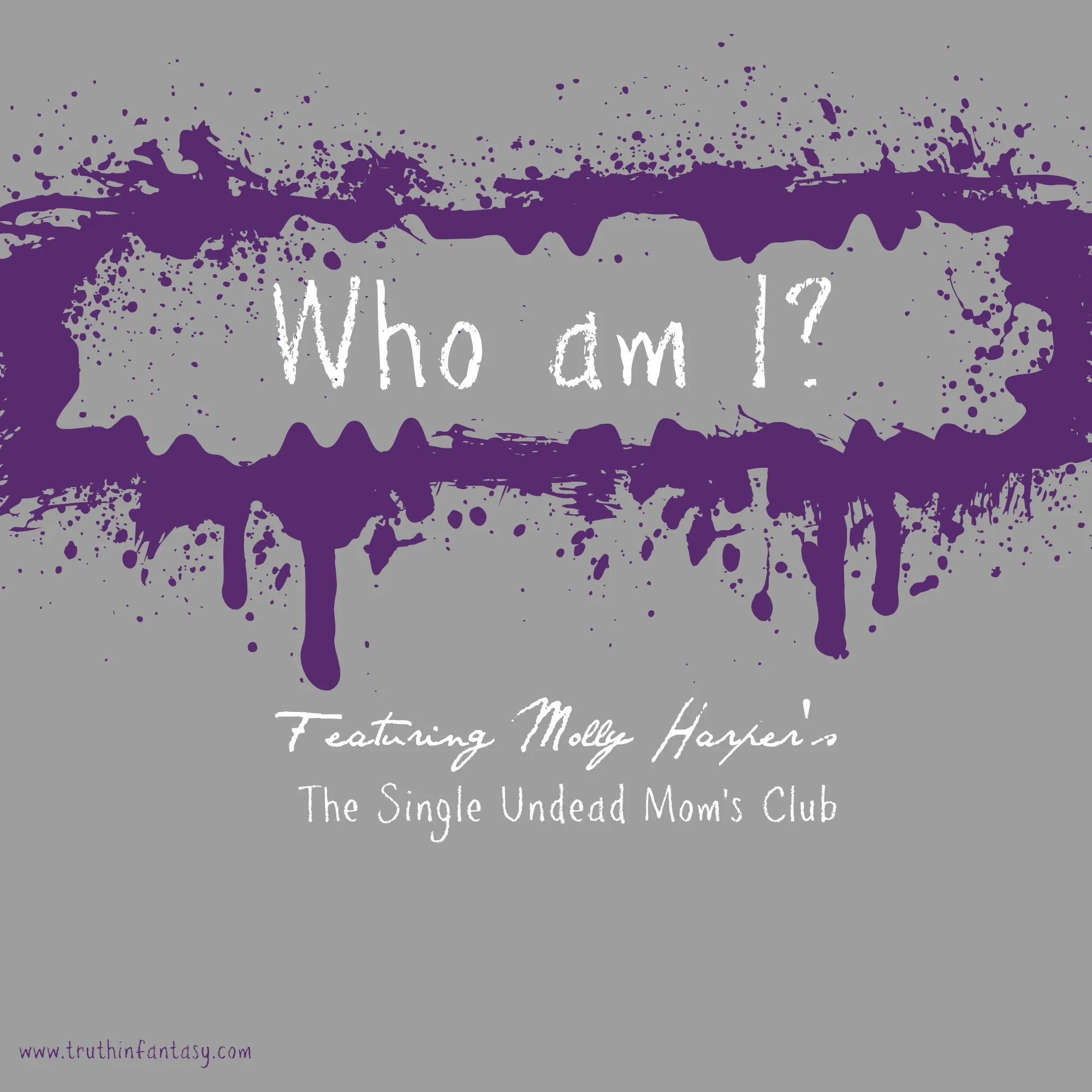I just finished The Accidental Sire, the latest in Molly Harper’s Half Moon Hollow series. In this installment, Meagan is a coed at the University of Kentucky when she is mortally wounded and subsequently turned into a vampire. Not her best day. And it gets worse. Meagan, in turn, accidentally turns her date, Ben, into a vampire like herself—a suped-up vampire special. As Meagan and Ben navigate the treacherous waters as newly risen vamps under the care and supervision of the Vampire Council, Meagan learns to trust herself, and, as a result, others. Trust is a huge leitmotif in the romance genre generally and especially in paranormal romance; writing about vampires, werewolves and witches, allows authors to take their themes to extremes. Where else but in the paranormal universe could an orphan wake up, after an unfortunate incident involving ultimate frisbee played with a 45-pound weight, as a genetically modified vampire? Nowhere, that's where. And when said orphan is farmed out to the local vampire council rep for observation and potential rehabilitation, such an orphan might have outsized trust issues. Ya think?
I know all about trust issues. I was raised, as you've heard before, by a narcissistic mother and a benignly neglectful father. I couldn't and didn't trust the people in the world on whom I was supposed to imprint. As a result, I didn't trust anyone, least of all myself. If, as children, we don't learn to trust our parents, when we reach adolescence and begin to individuate, we find we have no inkling of what it means to trust ourselves. This plays out in many unfortunate ways.
Meagan shows us what it means not to trust ourselves and it's not pretty. We don't think we can do much of anything well. We don't believe we deserve a place at the table, or around the Christmas tree, or in other people's perfect lives, because we're sure everyone else is better and more worthy than we are. Others rate more love, devotion, loyalty and trust because they are inherently superior to our lowly selves. And this is a tape that plays on an endless, self-perpetuating loop.
Meagan has new friends she loves and trusts, but her recent status as a vampire disrupts those budding relationships. She has no family and no roots. She accepts, with a minimum of protest, that she had to leave her dorm and college life to live in some backwoods part of Kentucky while someone decided whether and when she could return to a life of her own choosing (and it's true that she was threatened with living out her almost immortal life in the black cells of the vampire council, so she didn't have a lot of options, but still...).
When we don't trust ourselves, we are reluctant to try new things. After all, we will likely fail, so what's the point? We accept defeat as our due, and rarely protest unfair or underhanded treatment. A failure to trust results in attachment disorder—an inability to cleave to people, ideas, or institutions. Why bother? We won't be here long, just until "they" figure out we don't belong, or that we're a fraud, or that someone made a mistake letting us in to begin with.
And this tragic cycle of distrust, self-sabotage and predictable betrayal continues until we see the error of our thinking (usually with the help of a good therapist), or someone forces us to examine our assumptions—usually by refusing to abandon us even when we tell them it's in their best interests.
I spent years telling my husband he could do better. And he spent years telling me he had the best and to shut the fuck up. I urged him to rotate his stock. He informed me that farming wasn't his jam. I planned to leave him before he could leave me. He made it too hard to leave by being too wonderful —mostly. But it took me an inordinate amount of time to trust him and trust the relationship. In the end, it was only that—time—that allowed me to believe.
We build trust, in ourselves and others, when we excel and then fail, and the other—be that a person or an organization or even an ideal—is still there. We're human. We're allowed, even expected, to be imperfect. It's only we sad sacks with the tragic pasts who think that perfection is what everyone requires lest we get kicked to the curb. Meagan had learned the hard way to lock up her heart and keep her suitcase packed. For the first six months of our relationship, I refused to leave a toothbrush or a change of panties at my then-boyfriend, now husband's, house. He cleared a drawer and half his closet for me. I had a sudden urge to bolt out the back door.
As often happens, I found truth that was very close to home in my beloved fantasy novels. I always expect Molly Harper to deliver and I was not disappointed. She, along with many of her fellow paranormal fantasy authors, have taught me to trust that I will always find truth in fantasy.









